The courtroom stilled as the prosecutor delivered his closing argument. But it wasn’t his words that convinced me of Cardinal George Pell’s guilt, despite their eloquence.
It was the broken, raw statements that he read aloud from the sole surviving victim of the Cardinal’s abuse at St Patrick’s Cathedral 22 years earlier.
The man had been a pupil at an exclusive private school and found it impossible to tell anyone what had occurred in the sacristy after Mass one Sunday. “It felt like an anomaly, so foreign and I was in shock, I just didn’t tell them…
“I was proud of being at that school…my parents were going through a divorce at that time…I was worried about anything that could jeopardise my schooling.”
“I was in shock. I just didn’t tell them”
He’d put the memories of the attack into the “dark recesses” of his mind, prosecutor Mark Gibson recounted, until reporting it to police in 2015. “I was young and didn’t really know what had happened to me, or if it was normal….I had no intention of telling, back then of telling anyone, ever.”
Until I heard those words it seemed as though Cardinal George Pell might well be on his way back to Rome in triumphant exoneration.
I had been sitting inside courtroom 4.3 at the County Court of Victoria in Melbourne for five weeks, and so far not one witness, out of the total of over 20 who’d taken to the stand, had been able to corroborate claims that two choirboys that they had been assaulted by Pell in 1996. No one had witnessed anything suspicious. No one had overheard the apparently brutal and violent sexual attack on the two boys.
Could the jury convict? It seemed unlikely. Impossible even.
And then came the closing address.
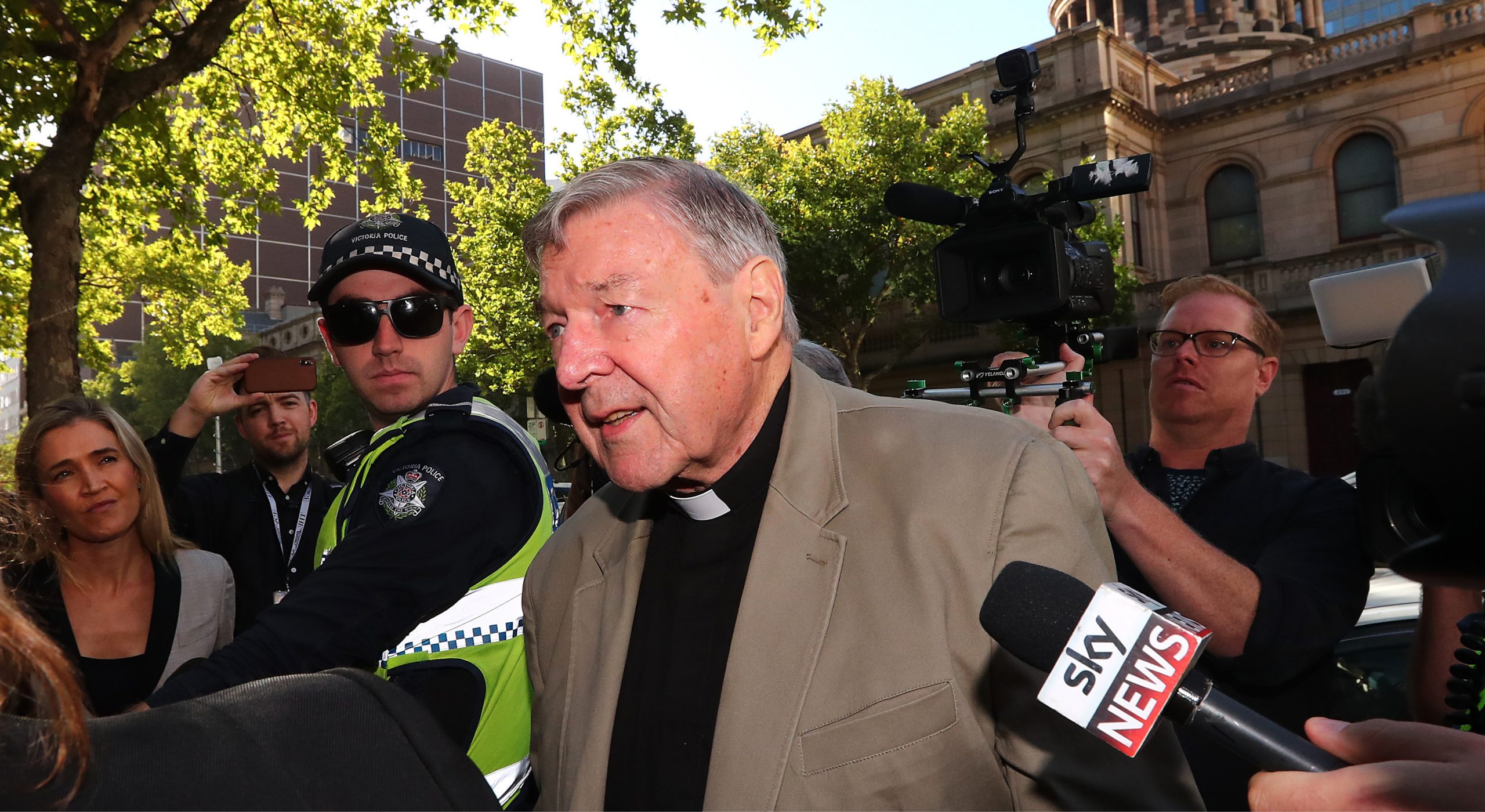
Until then, none of the media had heard the surviving choirboy – J – speak, as he’d given evidence behind closed doors, away from the media. (The other choirboy, his friend, was unable to give evidence, as he had tragically died of a heroin overdose in 2014.)
But as Gibson read aloud, I knew.
I knew the jury could convict, possibly on this evidence alone.
J’s words were genuine and authentic. The professional young father had everything to lose and nothing to gain from making such grave allegations against this senior churchman.
And, after weeks of debates about the layout of the cathedral sacristy or whether the heaviness of Pell’s robes precluded an assault, J’s simple, heartfelt testimony rang with honesty. And it was J’s testimony that would eventually help send Pell to prison.
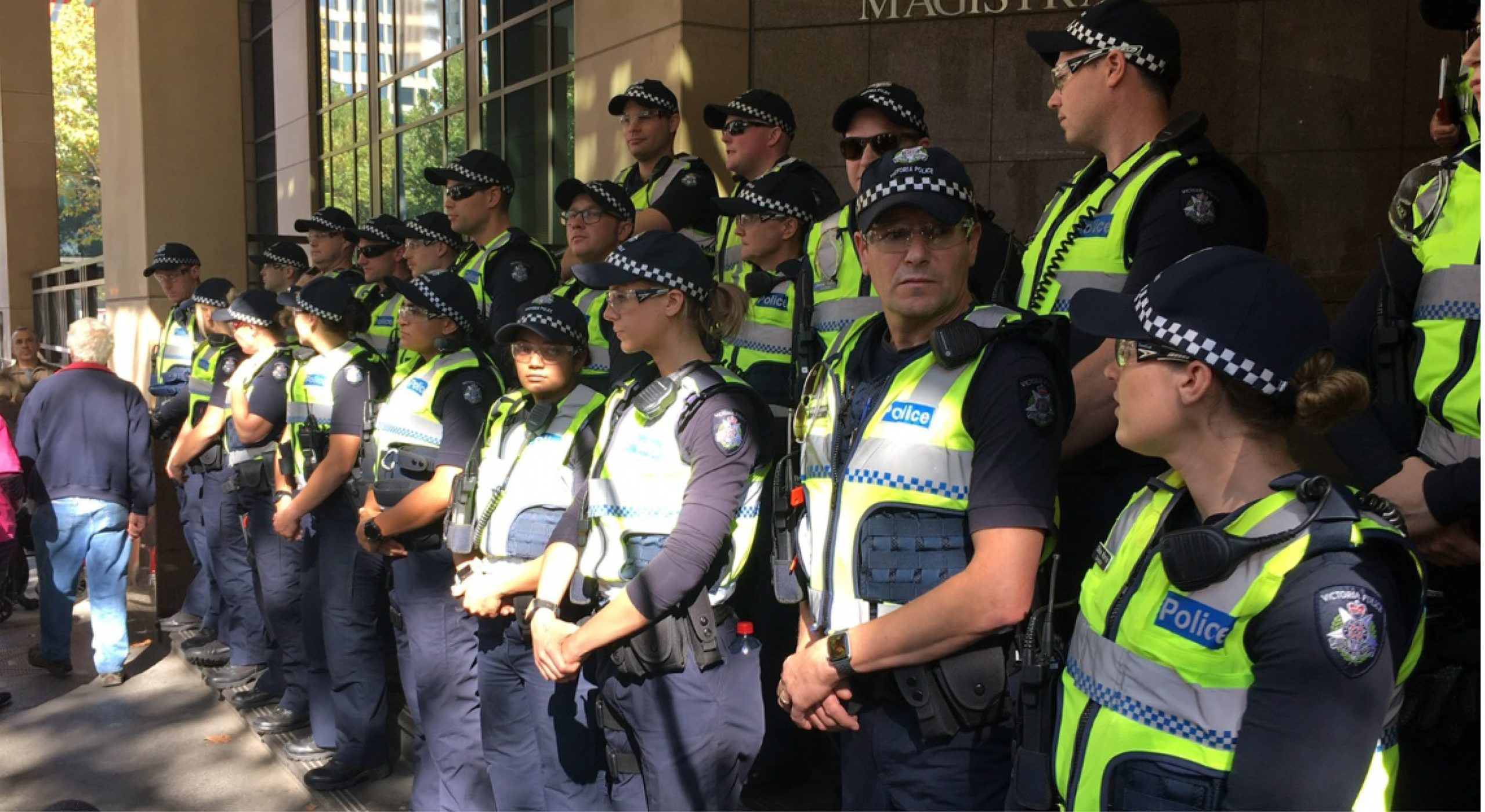
By the time I listened to those closing arguments in Pell’s case, I had been investigating the Cardinal for three years. I was first assigned the case in 2015, during my second week at the Herald Sun. That week I drove across Victoria to talk to the female victim of paedophile priest Father Gerald Ridsdale, and it was my short conversation with the still-traumatised victim, in her 50s, that gave me a fierce inner drive and determination to investigate Pell.
That groundwork led to me breaking the world exclusive story for the Herald Sun in February 2016 that a special police task force had been investigating Pell for 12 months. According to multiple allegations, he had abused children at St Patrick’s Cathedral, while serving as The Archbishop of Melbourne in 1996, and at a swimming pool in Ballarat.
But my scoop came at a considerable personal cost. As Pell demanded a police and public enquiry into my story, I stood up for myself against his hysterical supporters in Australia, including my own colleague at the time, columnist Andrew Bolt.
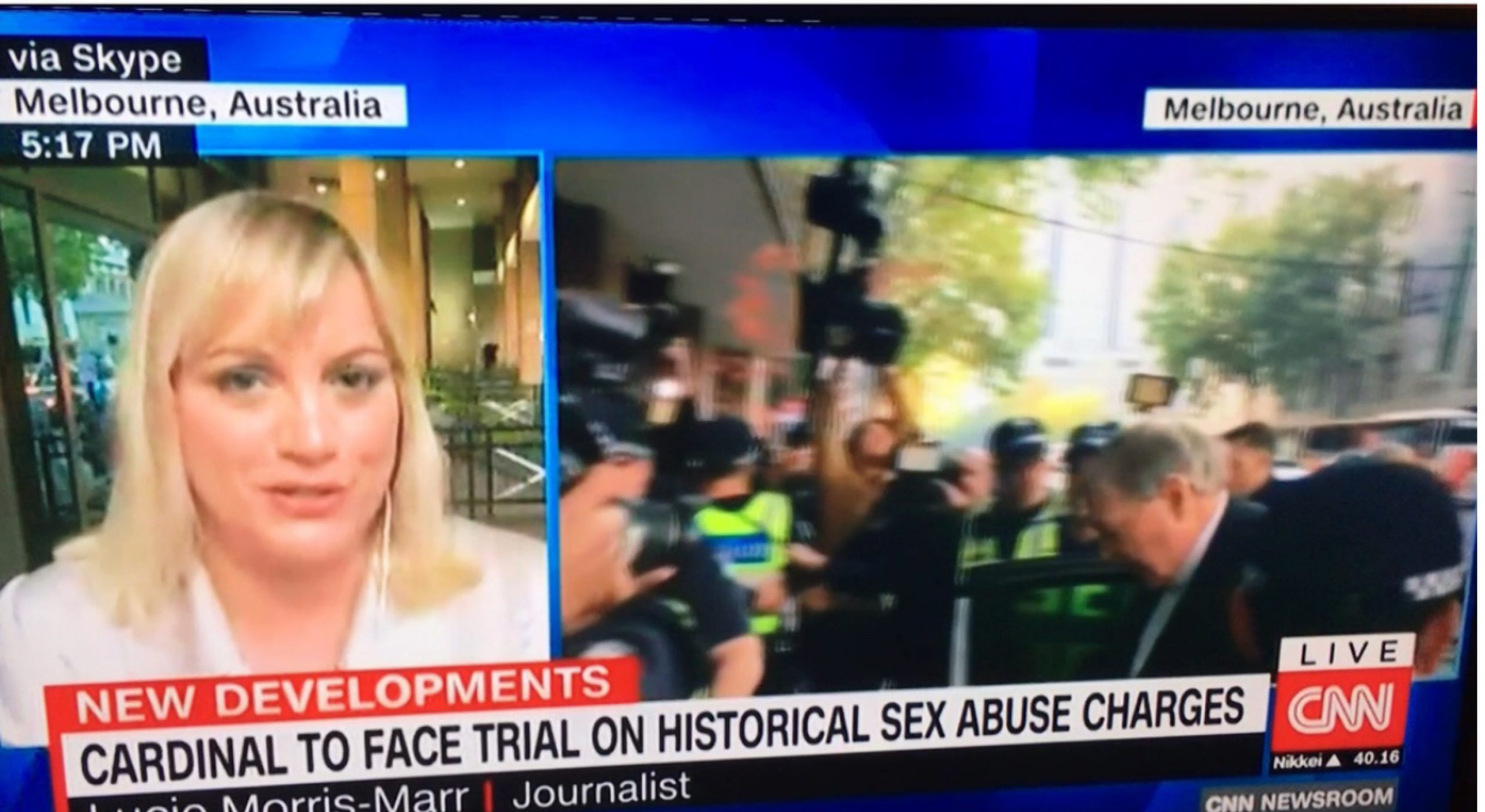
I parted ways with the paper soon afterwards, but when Pell was charged by Sano Task Force in June 2017, I was hired by CNN and The New Daily to cover the case.
As the months went on, including a lengthy committal hearing involving more than 50 witnesses, proceedings became shrouded in secrecy due to a strict suppression order.
The reason was valid in my view: there were to be two trials – The Cathedral Trial (which included the allegations of the two choirboys) and The Swimmer’s Trial (involving the alleged molestation of boys at Ballarat swimming pool in the ‘70s) – and the judge didn’t want the second jury to be influenced by the verdict of the first.
While the media lockdown was for good reason, for those of us reporting at court as the trial began it created a parallel universe of sorts, where we were unable to share the extraordinary battle and drama unfolding behind the doors of courtroom 4.3 at the County Court of Victoria in Melbourne.
Outside the court, Melburnians walking or driving past had no way of knowing that within the confines of the imposing grey-tinged court building one of the most high-profile criminal cases in the world had been unfolding.
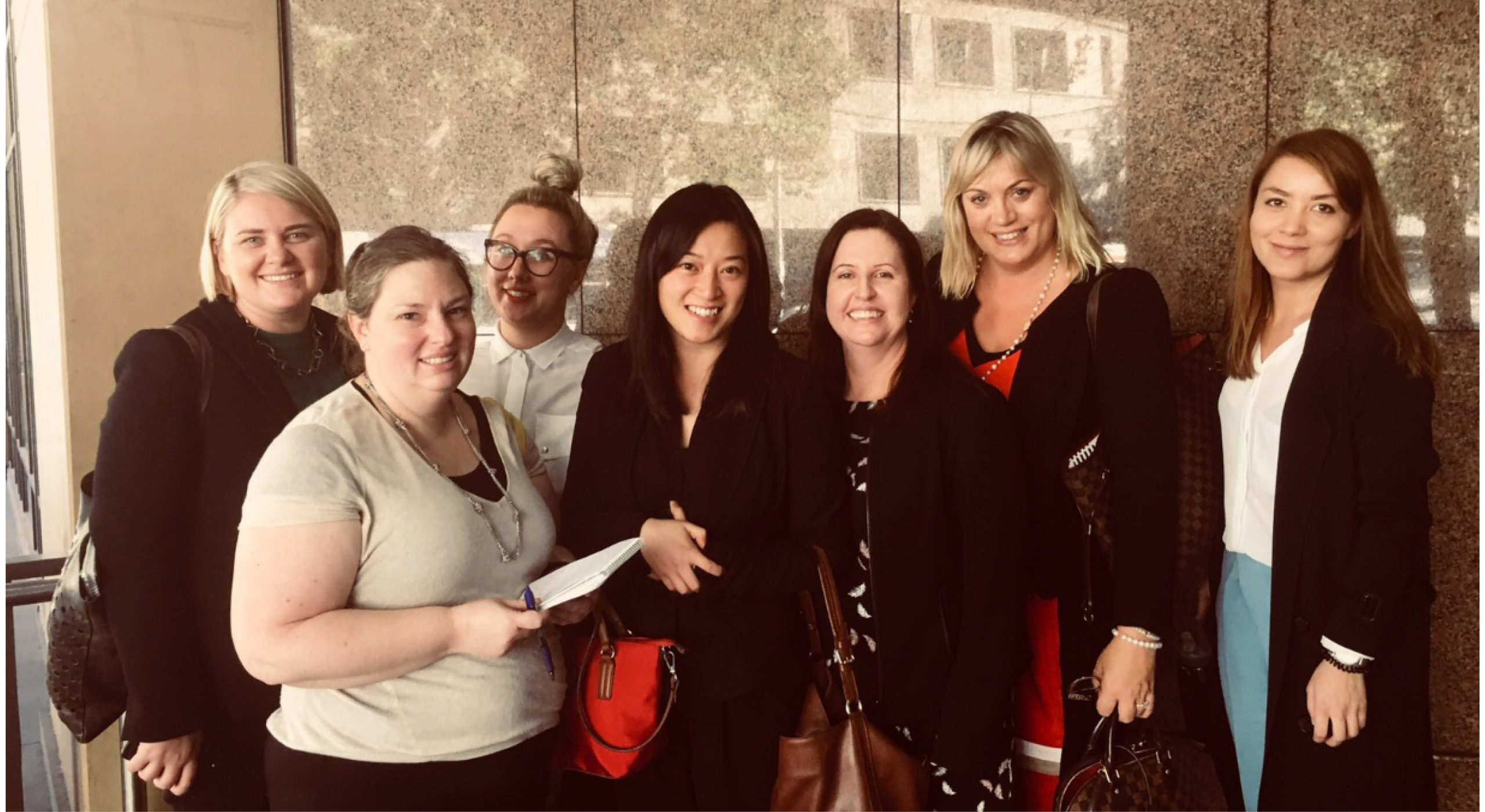
The silencing of those of us who were sent to report on the case was an increasingly uncomfortable quandary. It felt like we were betraying readers, survivors, advocates, viewers and Twitter followers by helping to facilitate the absence of public outcry over one of the biggest scandals of all time. Journalists don’t like to keep secrets, it’s in our nature to share them.
One moment I will never forget – and which we couldn’t report at the time – came at the end of the first Cathedral Trial. The jury had been deliberating for five long days. Pell had begun to seem shaken, and I had come across Mark Gibson pacing the corridor. He looked pale and tired. At 4pm on the fifth day, Judge Kidd asked the jury the million-dollar question: Had it reached a verdict? The answer was no.
Judge Kidd then asked if one more night ‘to think things over’ would help. The jury deliberated, and then, with silent tears rolling down her cheeks, the forewoman shook her head. The jury would be dismissed.
As Judge Kidd thanked them for their time, two women jurors started crying and a man in his early sixties also wiped his eyes. Here were people whose lives had been unexpectedly dominated by this case, and in the end there was no result. “I think I can make this observation… that the burden in this case was going to be greater than most,” Judge Kidd added. “And I know you’ve taken your task very seriously.”
The burden in this case was going to be greater than most, and I know you’ve taken your task very seriously.
Seven weeks later the same cast of characters – Pell, his theatrical barrister Robert Richter and prosecutor Mark Gibson – were back in court for the retrial.
Once again I was unable to report the case as it happened, including the most shocking moment of all – when the grey-haired jury foreman spoke the word “guilty” five times, calmly yet firmly, after a tense wait lasting over three days as the deliberations were carried out.
I looked over at the cardinal as his fate was sealed; he had turned so white his skin was alabaster against his black suit. He had his hands on his knees and he stared at the floor. It was clear in that moment that he would not be returning to his Vatican apartment, that it was a prison cell that awaited him.
Although the verdict raced around the world as it went viral online, it would be more than two months until we could finally report the result of the case after the Swimmer’s Trial collapsed due to lack of evidence, and the suppression order was lifted.
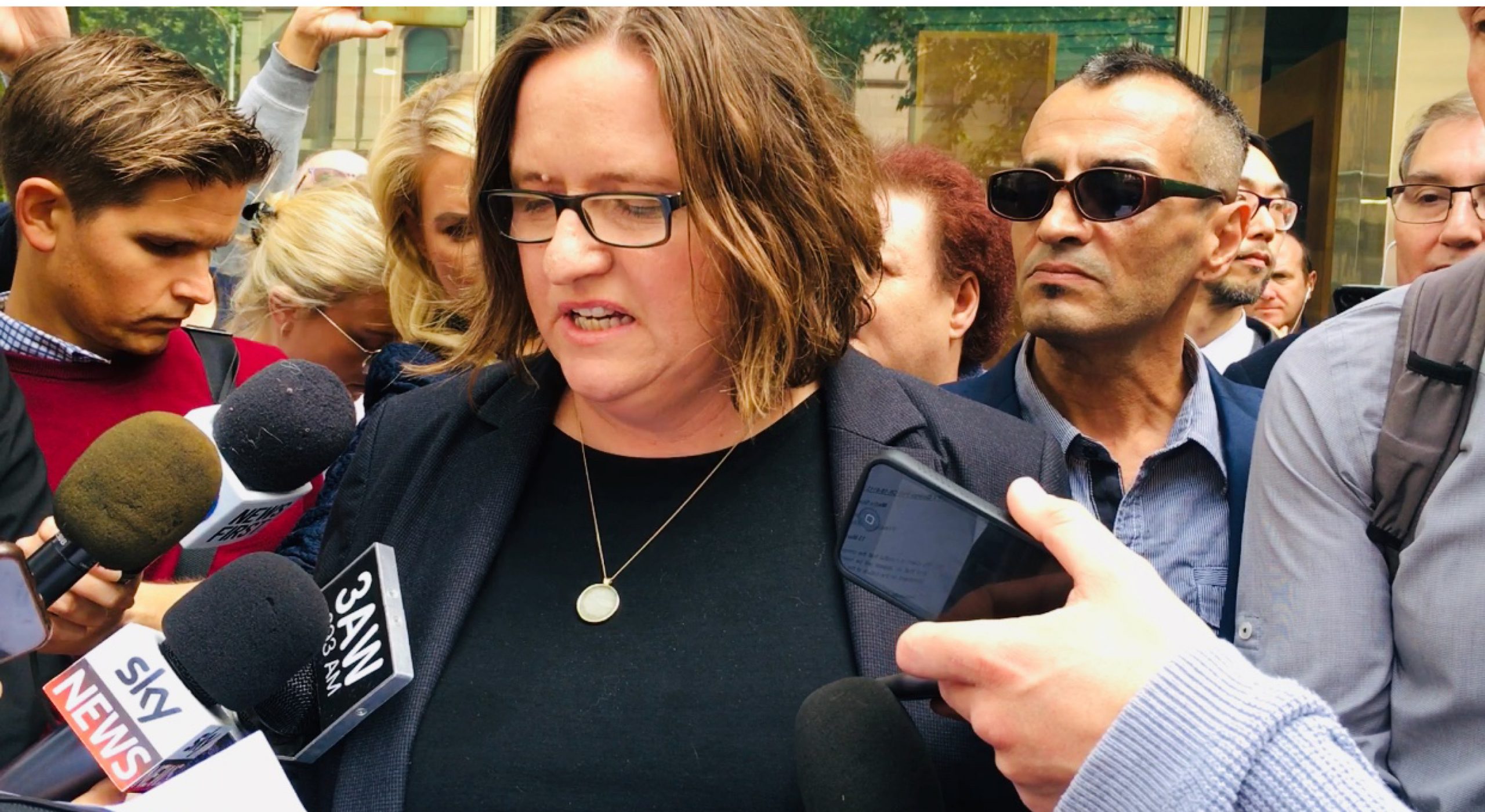
Two weeks later the Cardinal stood, facing Judge Kidd, as he was sentenced to six years in jail, including three years and eight months before the opportunity to apply for parole.
But it wasn’t over. The dogmatic cardinal fought on.
He lost his appeal with the Victorian Court of Appeal in August but on Tuesday, the day my book was published, his team lodged an application for leave to appeal with the High Court.
As the 78-year-old senior cleric languishes in solitary confinement in the segregation unit of Melbourne Assessment Prison, only time will tell if the compelling words of witness J will stand the ultimate test of the highest court in the land.
Lucie Morris-Marr’s book, Fallen – The inside story of the secret trial and conviction of Cardinal George Pell (Allen & Unwin), can be ordered here.
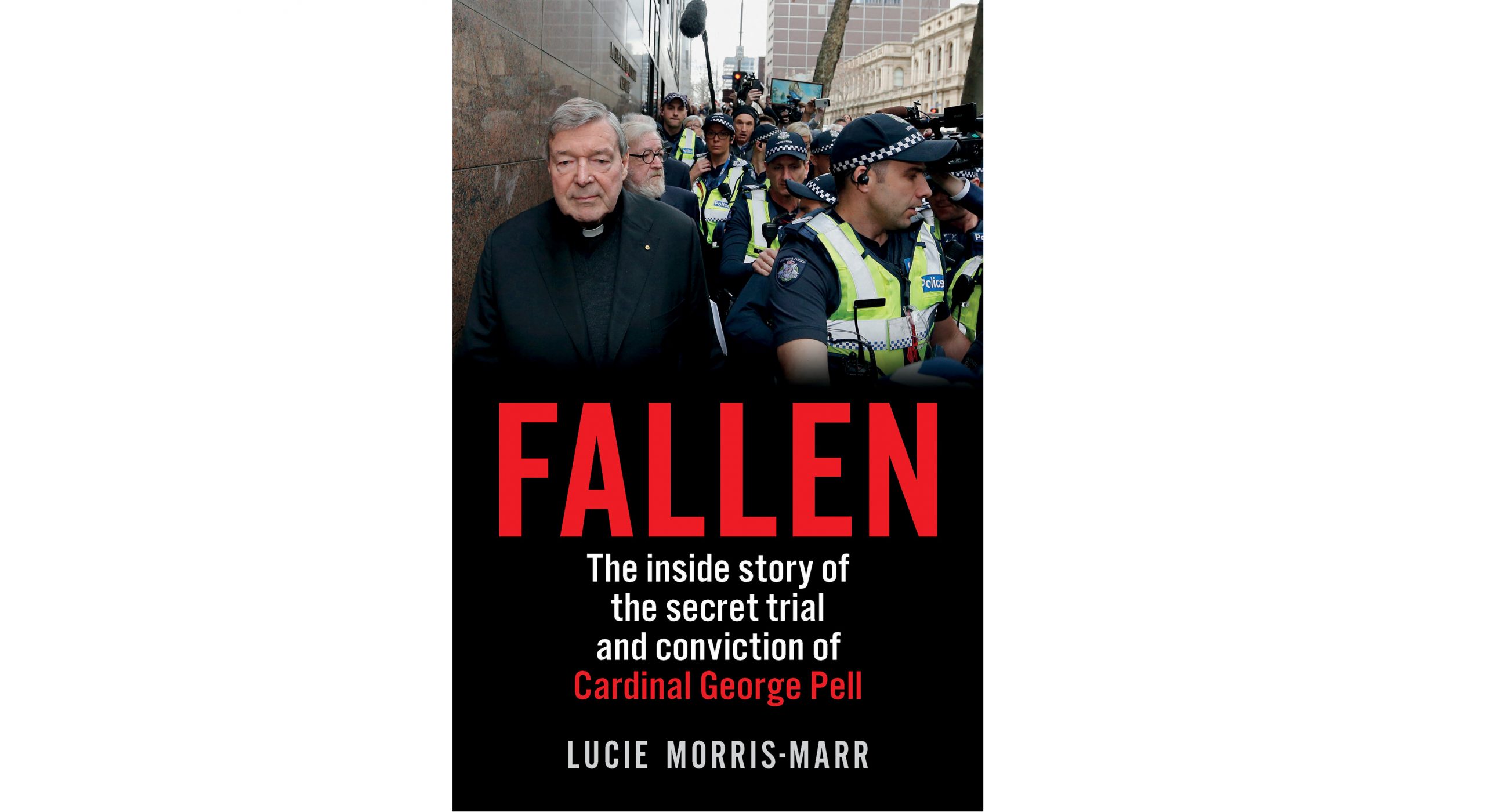




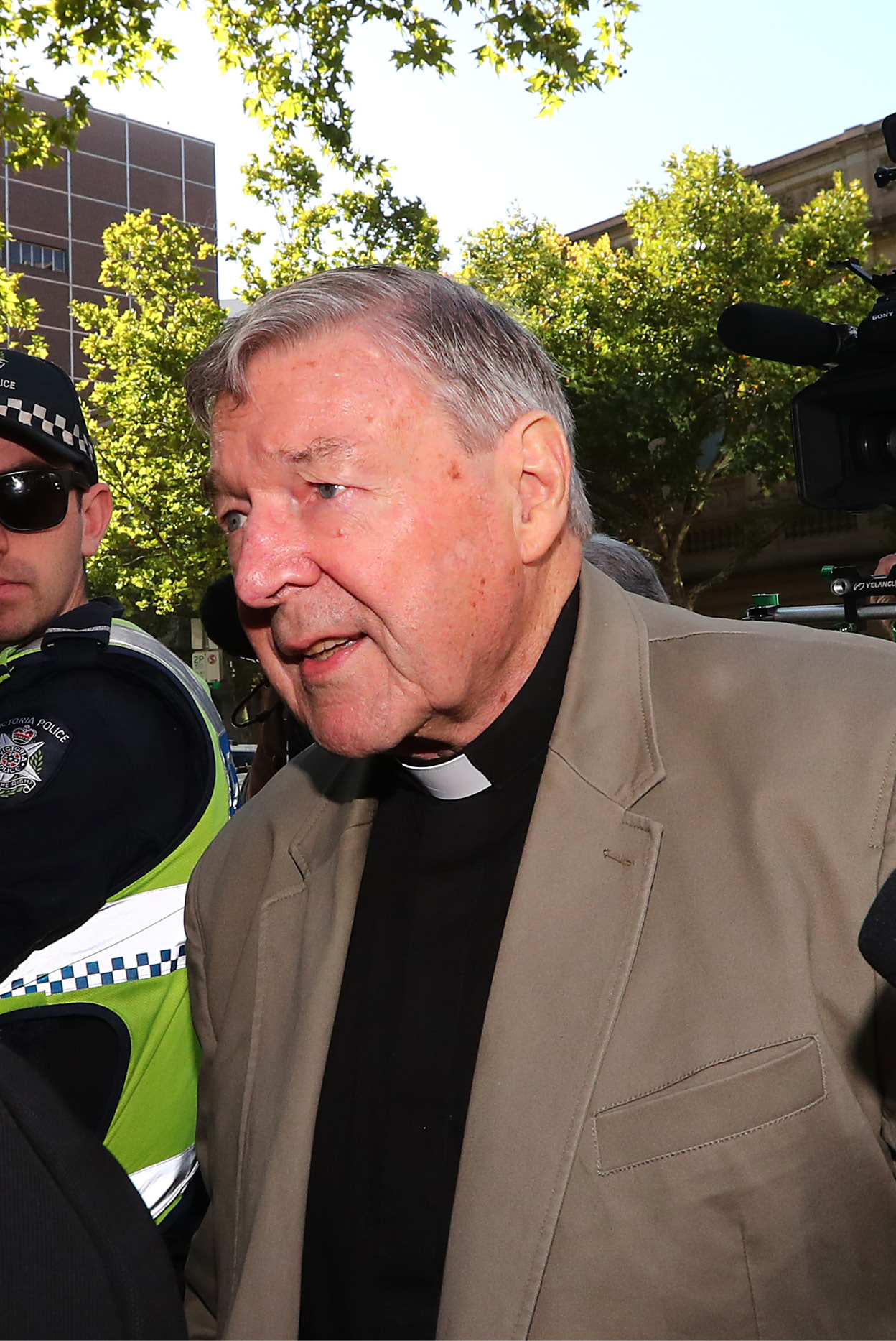
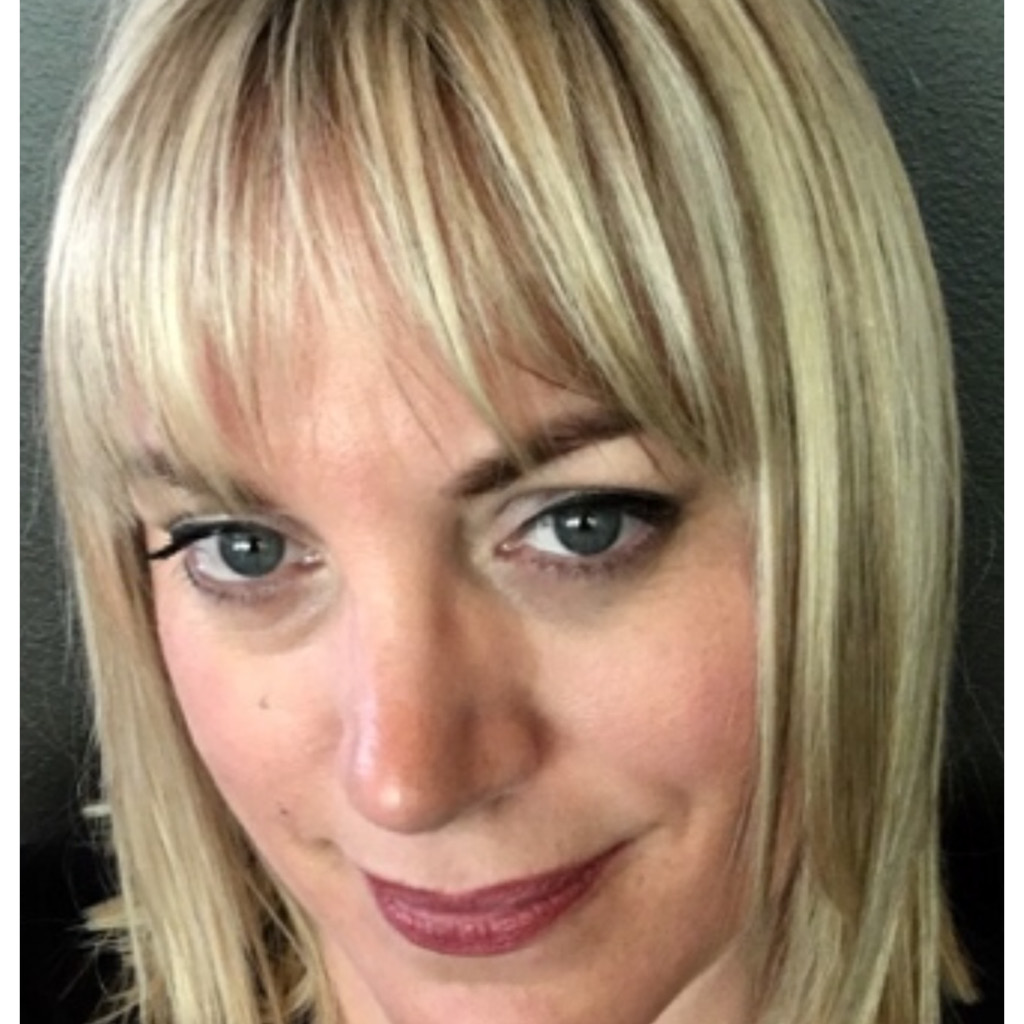

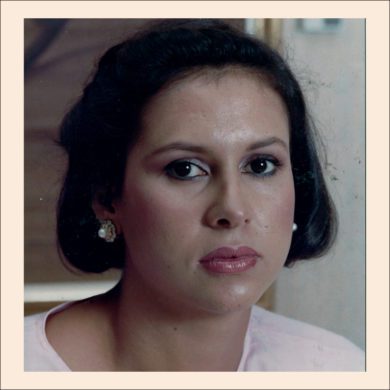


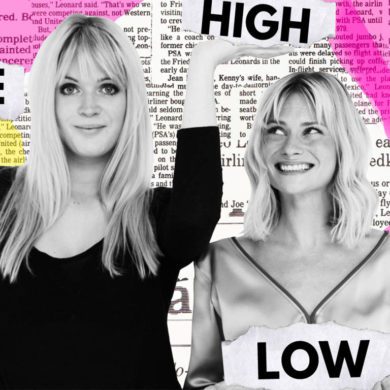


No Comments